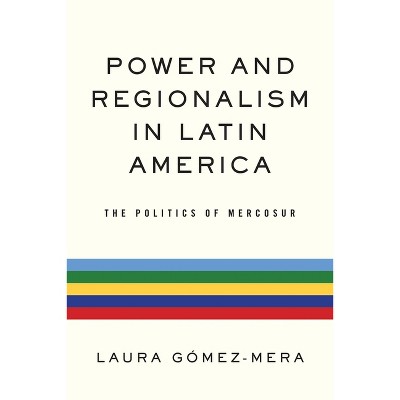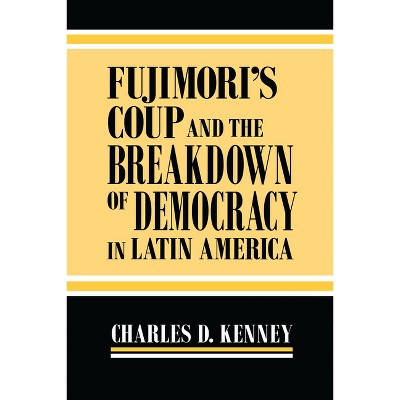Sponsored

Dynamics of Inflation - (Kellogg Institute Democracy and Development) by Antonio Kandir (Hardcover)
In Stock
Sponsored
About this item
Highlights
- Originally published in Latin America where it was enthusiastically received, The Dynamics of Inflation presents the first detailed, theoretical schema for the study of accelerating inflation in chronically inflated economies with complex productive structures.
- About the Author: Antonio Kandir is a university professor, economist, and politician in Brazil.
- 176 Pages
- Business + Money Management, Inflation
- Series Name: Kellogg Institute Democracy and Development
Description
Book Synopsis
Originally published in Latin America where it was enthusiastically received, The Dynamics of Inflation presents the first detailed, theoretical schema for the study of accelerating inflation in chronically inflated economies with complex productive structures. Antonio Kandir demonstrates that because of adjustment, these economies tend to move toward a situation where inflation begins to acquire an endogenous acceleration component that raises serious problems for all kinds of stabilization policies.
Kandir begins by establishing criteria for classifying theories of inflation and defines the theoretical perspective on which this book is based. He argues that integration between the macroeconomic and microeconomic levels is needed to understand the dynamics of prices under conditions of high instability. He develops an overall framework to study the short-run dynamics of desired markups and demonstrates that expectations about the future prices of public-fiscal goods and exchange goods assume importance in determining desired markups. Kandir concludes that these attempts at adjustment lead to pressures for changes in relative prices between sectors with different patterns of use of these goods; and that in turn leads to an accelerating inflation that is sustained for as long as the adjustment is considered complete.
With the aid of sophisticated models, Kandir shows the limits and problems of the stabilization policies that have been implemented to reduce inflation or contain its acceleration when there is an endogenous component of acceleration.
This book, which analyzes the nature and development of democracy in Uruguay, will appeal to a variety of scholars, especially Latin Americanists and scholars working on parties, elections, and democracy.
Review Quotes
"In Brazil, unlike other countries, the system of financial regulation itself became a major and independent cause of inflation. The core anomaly of Brazil's financial regulations has been the indexation of financial assets to past rates of inflation." --Latin American Research Review
"Kandir argues that, in economies with a productive structure oligopoly, financial fragility and chronic inflation, the acceleration of inflation arises from upward adjustment of the desired mark-ups and the consequent disarray in the relative prices of economy." --Brigítt Katy do Nascimento, Universidade Portucalense
"Kandir starts from a post-Keynesian perspective and builds an alternative theoretical framework to the price formation process that uses "normal prices", placing it in the dimension of capital appreciation." --Revista Estudos de Planejamento
About the Author
Antonio Kandir is a university professor, economist, and politician in Brazil. Currently he serves as the Chief Executive Officer of Governança & Gestão Investimentos Ltda. He proposed an amendment to ICMS, a tax on the ciruclation of goods and services, which passed in 1997, and is now known as the Kandir Law.












